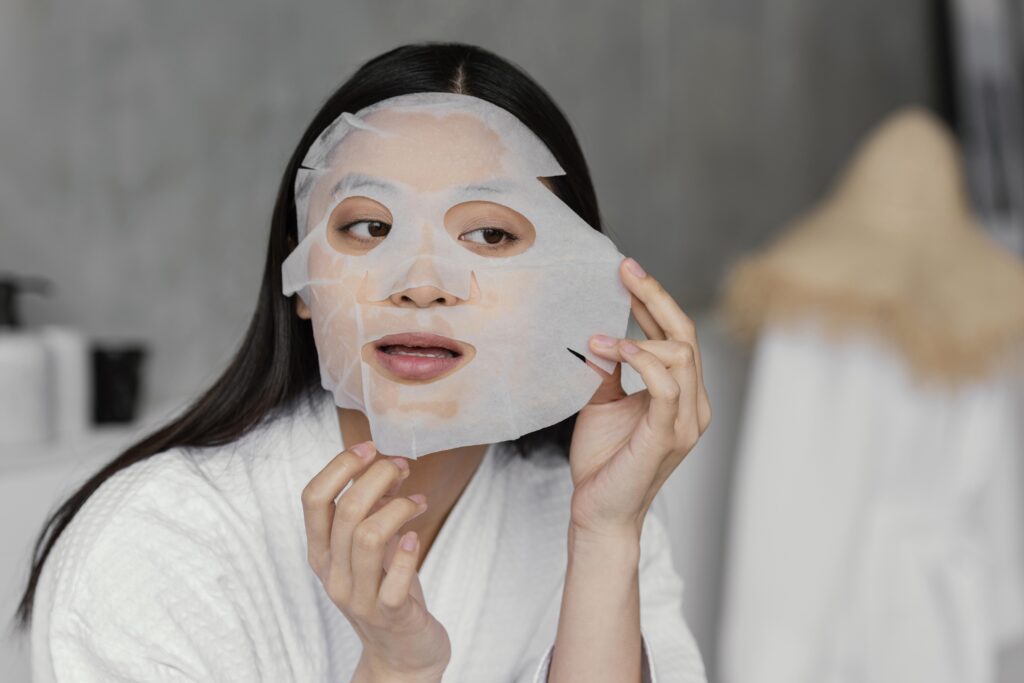Advancements in Aesthetic Education: Unlocking Career Opportunities

Table of Contents Show
In today’s rapidly evolving world, where personal appearance and self-expression hold significant value, the demand for skilled professionals in aesthetics is at an all-time high. The spectrum of career opportunities within the aesthetic industry is vast and diverse, from skincare specialists to makeup artists, fashion stylists, and hairdressers. However, to thrive in this competitive landscape, individuals must equip themselves with the latest knowledge and skills, making ongoing education in aesthetics more crucial.
The Evolution of Aesthetic Training Methods
In the past, aspiring aestheticians would spend hours in classrooms and salons learning techniques through observation and repetition. Today, advancements in technology have transformed aesthetic education. E-learning platforms are now replete with interactive courses, replicating salon experiences through high-definition videos and 3D simulations. Training methods incorporating virtual reality (VR) and augmented reality (AR) offer students an engaging and deeply immersive educational experience, providing tactile feedback and visual intricacies akin to real-life practice. Through these cutting-edge educational tools, aspiring professionals can now even specialize to be an esthetician. Courses tailored specifically for esthetician training delve into skincare, facial treatments, and makeup application, equipping students with the knowledge and skills necessary for success in the beauty industry. With the integration of hands-on practice modules and personalized feedback mechanisms, these digital platforms empower learners to refine their techniques and unleash their creative potential.
The Importance of Comprehensive Aesthetics Programs
A comprehensive education is the cornerstone of success for those entering the ever-evolving field of aesthetics. Leading educational programs encompass a myriad of subjects, including dermatology, cosmetic chemistry, and customer service, cultivating the ability to deliver exceptional care. These multifaceted programs hone technical skills and ensure that graduates are well-versed in ethical practices, understand the intricacies of product ingredients, and can manage and mitigate any potential risks involved in treatments, thus providing the utmost in client safety and satisfaction.
A Spectrum of Career Paths in the Aesthetic Domain
Decades ago, career paths for aestheticians were relatively linear, focused mainly on roles such as salon estheticians or makeup artists. Now, the beauty landscape is remarkably vast and diverse. Graduates can explore various avenues, from skincare specialists to makeup artists and beauty influencers to medical aestheticians in clinical settings. Emerging opportunities also abound in wellness, holistic care, and beauty technology – areas that continue to expand with the integration of new technologies and consumer demand for more sophisticated services.
Understanding Industry Regulations and Certifications
Embarking on a career in aesthetics requires more than just mastering the practical skills. It entails a thorough understanding of the legal and ethical landscape of the beauty industry. State-specific licensure and rigorous certification processes are set to cultivate a well-regulated environment that adheres to the highest standards. Staying updated with these requirements ensures that practitioners comply with the legalities and uphold the industry’s integrity, thereby maintaining the trust of clients and the community.
The Role of Continuing Education in Aesthetic Careers
Great aestheticians are distinguished by their ability to provide cutting-edge treatments and informed advice. This level of expertise is often achieved through a commitment to continuing education. Whether it’s learning about the latest anti-aging technologies or holistic approaches to skin health, advanced courses and workshops offer valuable insights for professionals aiming to elevate their skill sets. Furthermore, active participation in professional organizations presents networking opportunities, staying informed on industry trends, and even influencing policy-making in the realm of aesthetics.
Ensuring Quality: How Education Affects Industry Standards
Industry standards in aesthetics are continually refined and uplifted by the caliber of education practitioners receive. The bold new frontier of Aesthetic Medicine suggests that well-educated professionals are pioneers who embrace new techniques and push the boundaries of what is possible in aesthetics. This diligent pursuit of knowledge and expertise translates to superior service delivery, with highly-trained aestheticians often being the trendsetters and quality benchmarks within the industry.
The Impact of Online Education on Broadening Access
Online education has become a catalyst for expanding access to aesthetic training in today’s digital era. With an internet connection, students worldwide can tap into a wealth of knowledge, embracing the convenience of learning at their own pace. The breadth of online platforms offers a spectrum of courses, from basic introductions to in-depth masterclasses, thus facilitating an inclusive educational environment. However, the hands-on nature of aesthetic work still necessitates practical exposure, and balancing digital coursework with real-world experience remains a crucial element of a comprehensive aesthetic education.
Preparing for a Future in Aesthetics
Those yearning for a career in aesthetics must take a strategic approach to their education. Assessing personal interests and career goals is the first step toward choosing the appropriate educational pathway. Emerging trends, such as non-invasive procedures and personalized beauty therapies, indicate the direction the industry is headed, making foresight a valuable asset. By understanding where the field of aesthetics may evolve, as suggested by the varied content in Cosmetic Surgery and Procedures, individuals can better prepare to meet future clients’ needs and take a leading role in this beautiful and transformative industry.





Responses